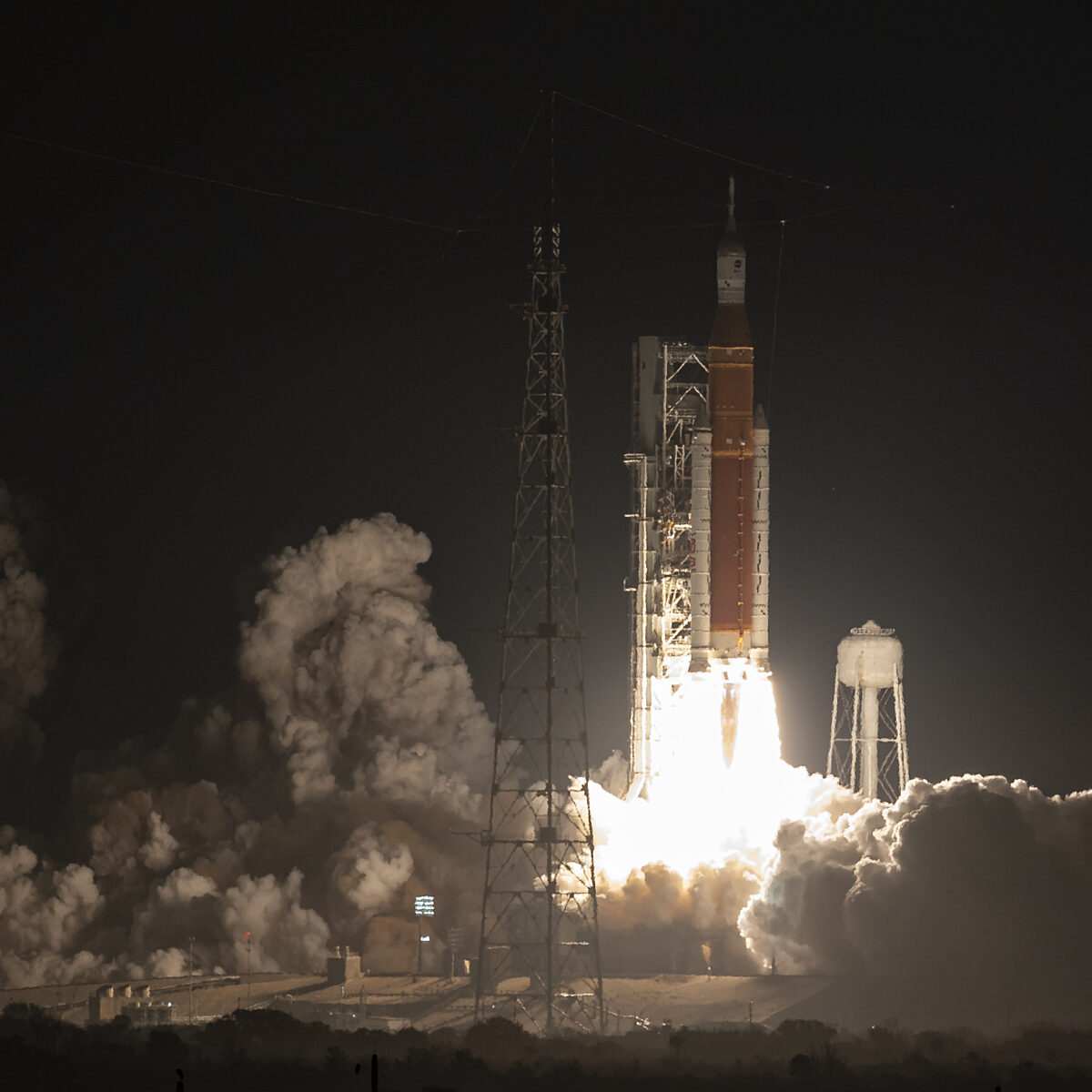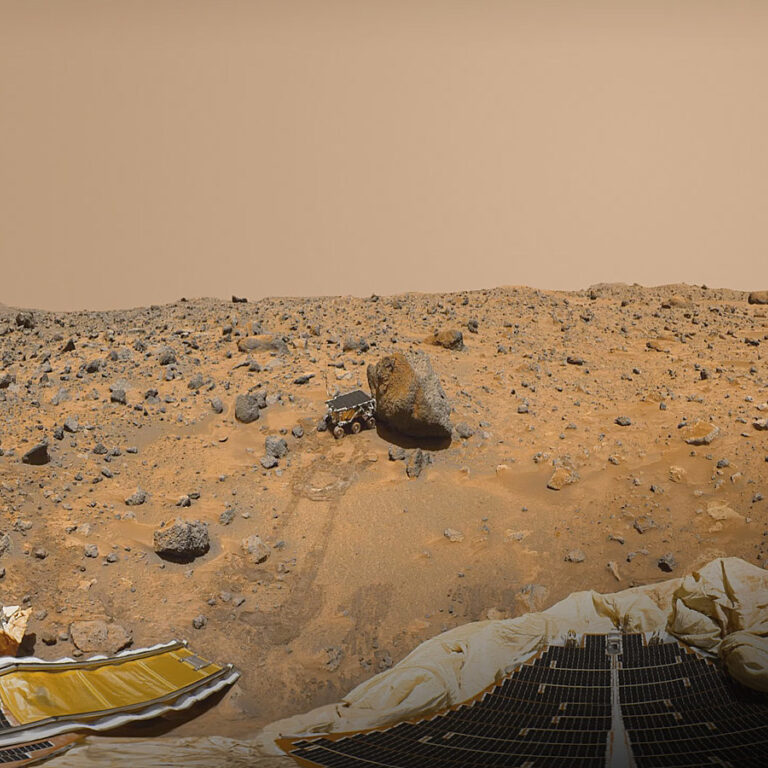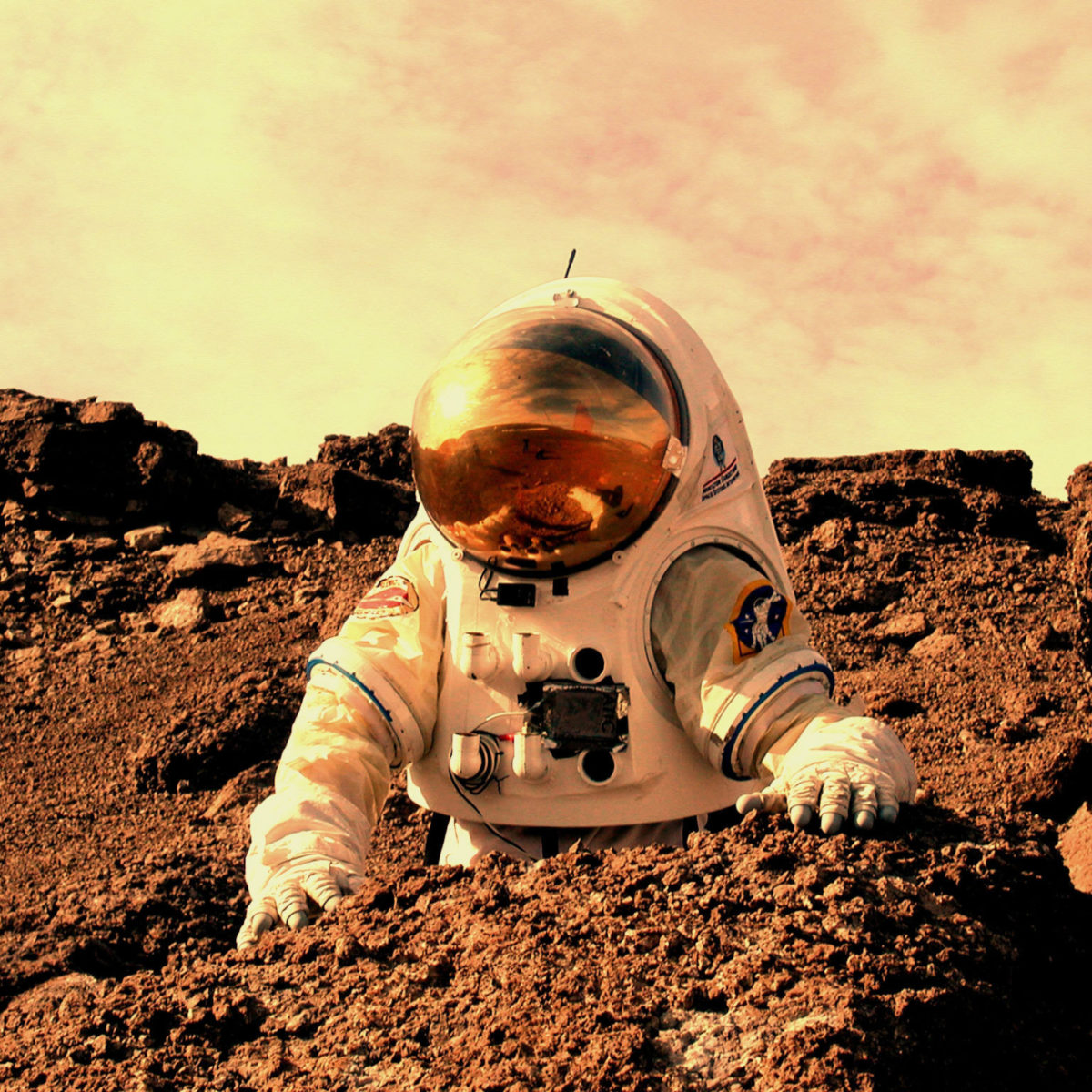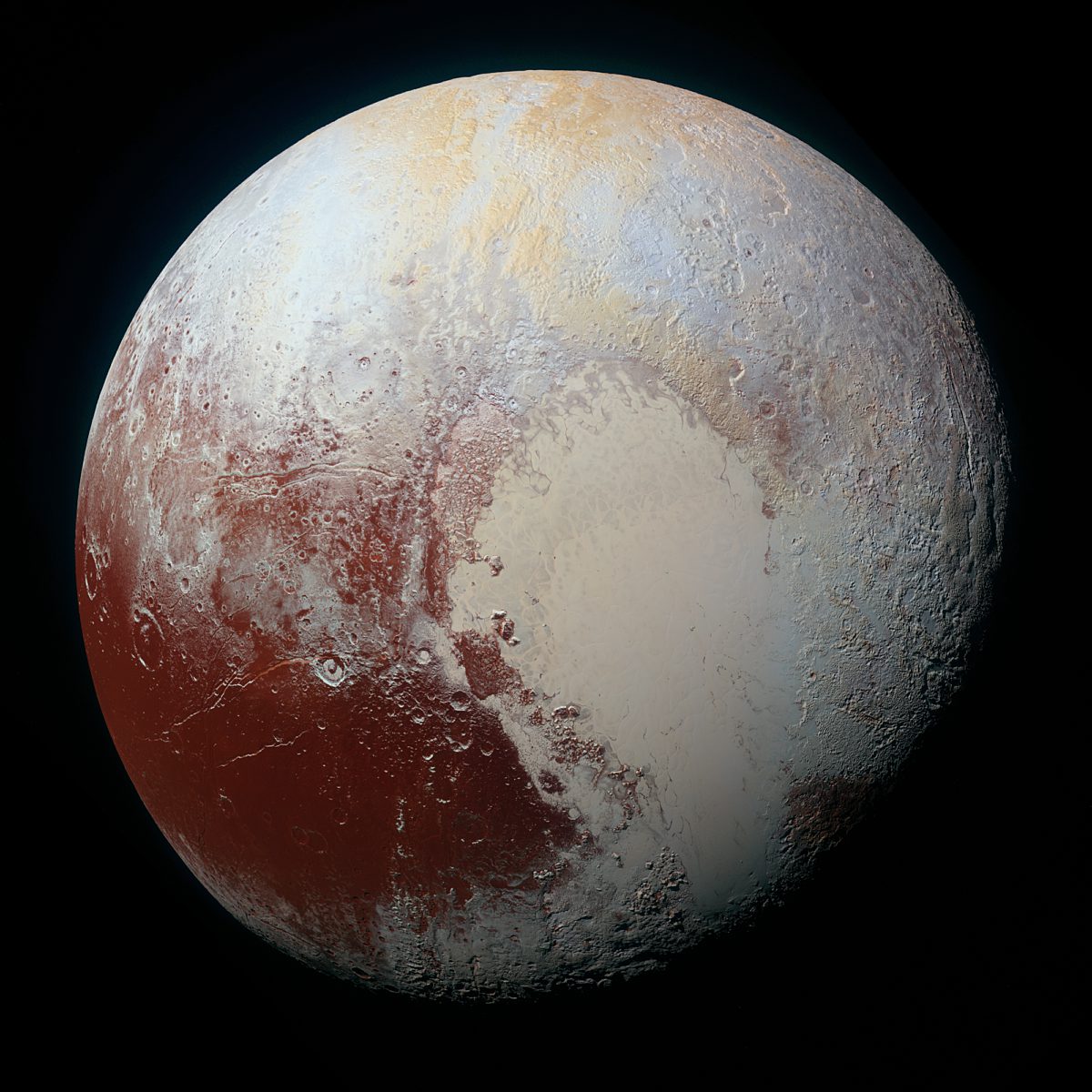Since 2002, Planetary Radio has visited with a scientist, engineer, project manager, advocate, or writer who provides a unique perspective on the quest for knowledge about our Solar System and beyond. The full show archive is available for free.
Search Planetary Radio
Every major NASA center built after the agency’s inception is located in the American South. Why? Dr. Brian Odom, NASA’s chief historian, joins the show to discuss the cultural, political, and historical implications of NASA’s expansion into the South.
Jeremy Graeber, the assistant launch director at Kennedy Space Center in Florida, joins Planetary Radio to recount his experience on the night of Artemis I’s historic launch.
Space exploration historian Michael Neufeld traces the fascinating history of one of NASA’s most successful programs of planetary exploration.
Planetary Society chief of D.C. operations Brendan Curry returns for a look ahead at what to expect in 2022.
The Coalition for Deep Space Exploration’s Mary Lynne Dittmar talks with Casey Dreier about how and why spacefaring nations prioritize funding for space development and exploration.
Space historian Dr. Roger Launius joins the show to explain why Apollo happened the way it did, how a moonshot briefly became a solution to a national security problem, and why it is unlikely to happen again.
Can NASA return astronauts to the Moon by 2024? Vice President Mike Pence shocked the space community by announcing this ambitious new goal just weeks after the Trump Administration proposed a half-billion dollar cut to the space agency.
The last few days have seen developments that will shape the space exploration plans of Canada and the USA. The Planetary Society’s Kate Howells is a member of Canada’s Space Advisory Board. She reviews the nation’s new space policy.
Mat Kaplan’s Huntsville, Alabama trip wraps up with a tour of the historic and history-making Marshall Space Flight Center. Join him at the control center for research underway on the International Space Station, under a tent where a critical component of the Space Launch System rocket is getting finishing touches, in a conversation about the Fermi spacecraft’s search for the universe’s biggest explosions, and with the Center’s Associate Director for Technical efforts.
The human journey to the Red Planet is long and hard, but Mat’s conversation with three NASA Associate Administrators at the Humans to Mars Summit was filled with cautious optimism.
Moon or Mars? Should NASA depend on private companies? What’s the goal of human spaceflight? These questions were debated three decades ago, yet are just as relevant today. Does that mean space policy is stagnant?
The longtime editor of outstanding online space news source Universe Today has just written about nine robotic missions of exploration in
Planetary Society Digital Editor Jason Davis returns with the story of the ten-day trek across the South he just completed with two Society colleagues.
Space historian and policy expert John Logsdon joins Mat Kaplan for a fascinating conversation about how the US could have lost the race to the moon.
In our third episode, we debate the risks and rewards of tying the future of a Europa mission to the fate of NASA's massive Space Launch System rocket. Also, NASA just announced that the next Mars rover will cost $2.4 billion—$900 million more than initially thought. But the mission is not considered over budget. Why not? Lastly, the U.S. just generated 50 grams of Plutonium-238, the largest amount in nearly thirty years. We celebrate the successful effort to create this critically important, though highly toxic, power source for deep space spacecraft.
She has spent most of her life working toward a bright future for humanity in space, and Lori Garver has lost none of her passion. She visited the Planetary Society for a wide-ranging conversation with Mat Kaplan.
In the premiere of this new monthly series we briefly examine the latest move by the House of Representatives in the game of NASA's budget and then discuss what Lockheed Martin's new
Cassini Mission Project Scientist Linda Spilker returns with the latest discoveries at the beautiful ringed planet, its moons and its rings.
Bruce Betts, Jason Davis, Casey Dreier and Emily Lakdawalla gather with Mat Kaplan for a fascinating and informative Planetary Radio Extra year-in-review roundtable discussion.
Our year-end review features the “best of 2015” lists from Jason Davis, Casey Dreier, Emily Lakdawalla and Bill Nye the Science Guy. What’s Up offers planets, a comet, and a nice prize package for the space trivia contest.


 Explore Worlds
Explore Worlds Find Life
Find Life Defend Earth
Defend Earth




















